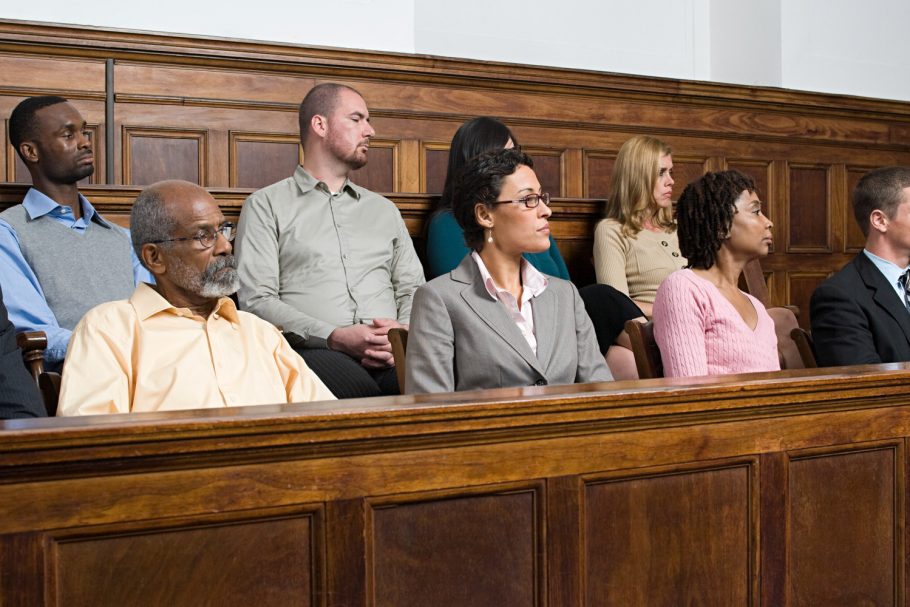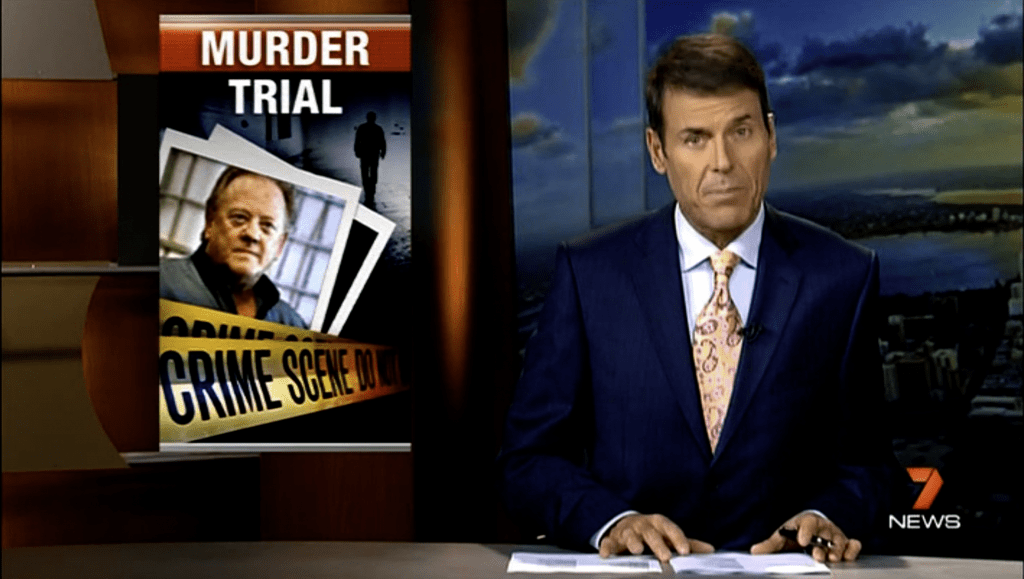Abort to Prevent Miscarriage of Justice

In a recent article titled Lehrmann’s barrister refers Higgins’ public statement to court, police (https://www.smh.com.au/politics/federal/lehrmann-trial-aborted-after-juror-misconduct-20221027-p5btei.html), we heard how a jury member’s ‘indiscretion” in privately researching on the subject and the potential sharing of the information in the jury room was sufficient to abort and force a new trial.
In addition to this, the article itself and all other media comments seen by the public will make it more difficult for the accused to get a fair trial – some may even say it would be impossible since the future jury would have been made even more aware and biased by the reporting, the accusations, the misinformation, etc.
This raises several questions about media reporting of ongoing criminal cases: should the identity of the persons be revealed? How is it possible to prevent juries and potential jurors from becoming biased or influenced one way or the other by what they read, see or hear in media reports? Should there be trials by jury at all when media reports abound? How about when the accused or the accusers are celebrities, known figures, or from particular [tainted] industries or professions? All these issues are potential causes of miscarriages of justice.

Bearing in mind the above, if you read up on the Clarke Brothers vs State of WA case, you would wonder why the second trial was not aborted. During the trial it was revealed that one of the jurors was a friend of one of the investigating police officers in their case. Later, after the jury verdict was handed down, it came to light through social media, that the same juror was in fact a Prison Officer at Hakea Prison, where the defendants had been remanded during and after the first trial.
Similarly, the Clarke brothers’ trial, Appeal, and retrial, had received extensive media coverage for 11 years. It should be clear that both the system and the lawyers themselves failed to prevent the miscarriage of justice that had become evident in the first successful Appeal against conviction: the retrial firstly should have been in front of judge-alone (as per the brother’s instructions to their lawyers); secondly, it should have been aborted when it became known that the jury’s impartiality had been potentially compromised, and, thirdly, the Appeal Court should have been made aware that the juror in question not only was a friend of the investigating police officer but was also a prison officer working where the brothers had spent time in custody.
Unfortunately for the Clarke brothers, all of the above systemic errors make their High Court Appeal against their wrongful conviction even more difficult.

Leave a comment